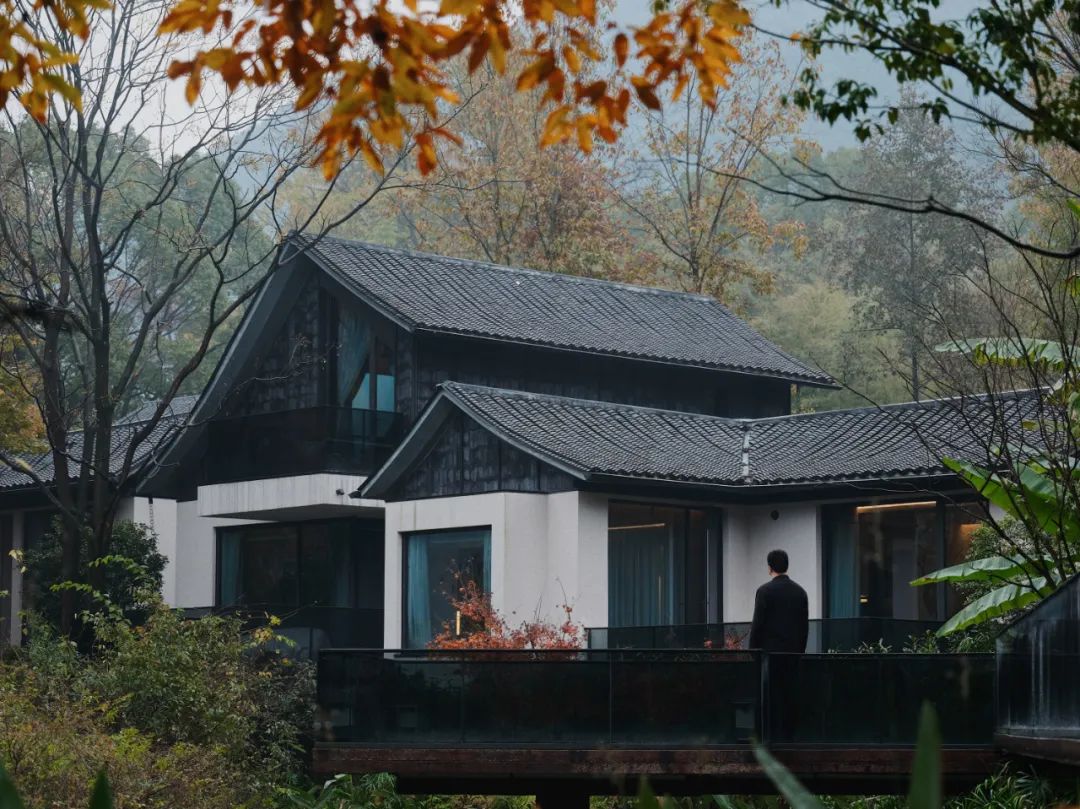In the nowadays hospitality market, the traditional paradigms of hotel loyalty programs are facing challenges and the formidable transformation. This shift are exemplified by the emergence of innovative players like Betterwood, a membership brand under the Delonix Group. Against this backdrop, Betterwood has boldly introduced a revolutionary approach, discarding the conventional "money-centric" framework in favor of a novel system that calculates member points based on the duration of stay.

Challenges in Hotel Loyalty Programs
Rules like points expiration, annual requalification, etc. Soon, you can bid farewell to these unwritten rules of hotel loyalty programs. Ennismore, under the brand of ArtGo Holdings Limited, introduced the "Disloyalty Program," which requires an annual fee of $216 but offers no need to earn points or upgrade. Following this, Hyatt and Hilton expanded the rights of high-tier members to gift benefits to non-members, such as family and friends.
It's not hard to see that behind these sudden changes lies some longstanding issues with hotel loyalty programs. While there are numerous loyalty programs in the market, today's young people are quite casual when it comes to staying in hotels. If they are not interested in a particular brand, they may simply choose to move on, sparing both the brand and themselves.
Betterwood, the membership brand under Delonix Group, distinguishes itself by adopting a groundbreaking "time-based" loyalty point system, departing from traditional models tied to expenditure. This innovative approach calculates points based on the duration of stay, aligning with the brand's commitment to providing a unique and personalized experience for its members. In addition to this, Betterwood has implemented consumer-friendly policies, including free 24-hour cancellations, no requalification requirements, and a cross-brand policy where staying ten times equates to a complimentary stay.
This strategic change solidifies Betterwood's position as an influential leader in the industry. By emphasizing the enduring value of each member's experience, Betterwood is paving the way for a future where the time spent on consumption evolves into a valuable and personalized lifestyle choice, setting a new standard for loyalty programs in the hotel industry.

Innovative Strategies Reshaping Membership Landscape
According to Skift Research, hotel members are more profitable than non-members, contributing 30% to 60% of room nights. Additionally, hotel members, on average, have daily room rates that are usually 10% to 15% higher than non-members.
In recent years, companies like Delonix, InterContinental, Accor, and Huazhu have all upgraded their respective membership systems, emphasizing not only saving money but also providing better services to users.
To capture users, membership systems rely on the three axes of discounts, fun, and emotion, with difficulty increasing from shallow to deep.
According to Betterwood's media report, the Betterwood's first "Brand Month" event brought over 60 Betterwood members to experience the local gathering for free. It is reported that Betterwood's membership scale has exceeded 30 million, with a growth rate of 65%, and loyal members have accumulated 11,000 hours of consumption.

How Betterwood Redefined Hotel Memberships
A person has only 24 hours a day, and the essence of what consumers are willing to pay for is spending more time with a brand, being attracted by the services the brand provides, and resonating with the brand's conveyed philosophy.
In other words, the time value of high-spending consumers is higher, and what they value more is the experience.
Calculating points based on the length of stay, offering a "stay ten times, get one free" promotion, and gifting high-tier memberships are all strategies to retain new users who are genuinely interested in the brand.
For hotel brands, when customers are guided into a new consumption pattern, it enhances brand stickiness and stimulates potential customer groups, essentially saving implicit marketing costs.
Whether in terms of repeat purchase capability or brand influence, the strength of members who form a highly sticky user base should not be underestimated. Betterwood, with its unique approach, has become a formidable player.

While loyalty programs remain a business model for building strong relationships between major hotel groups and consumers, rather than calculating how to make consumers "automatically renew" through schemes, it is better to increase stickiness by providing quality service and experience. This might be the inspiration and reflection that Betterwood and similar programs bring to the industry.